Read
Broken Signposts
By N. T. Wright (HarperOne, 2020)
In Broken Signposts, N. T. Wright reveals fresh insights into the story of Jesus Christ in the Gospel of John. The book explores seven narrative perspectives that Wright identifies as signposts, albeit broken ones that fail to provide guidance to human society.
These signposts are: justice, spirituality, love, beauty, freedom, truth, and power. For Christians, they are the means with which we understand the world and our vocation to follow Jesus Christ. Injustice has turned the world dark, but God is restoring the world through Jesus Christ. The gift of the Holy Spirit is the invitation to witness to the justice of God.
John tells a story of a quintessentially free person who died on the cross out of love. Wright insists that to be truly free one must experience and be willing to share the gift of love. In fact, Johannine spirituality involves the expression of God’s love in the world through our love to one another.
Wright notes that the ugliness in the world today negates the beauty of God’s creation. But John’s gospel reminds us that we are the image of God in the world, and we should work toward restoring the beauty of creation. Like Pilate and the chief priests, many today replace truth telling with falsehood. But Jesus personifies truth, and his followers must cultivate the art of telling the truth in a world that has moved dangerously toward falsehood.
Broken Signposts invites believers to reclaim the values of true discipleship that are seemingly broken and trampled underfoot in a world increasingly adrift from God. Wright reveals that humanity longs to see these signposts regain their guidance of human society, especially in the Christian community, which has the mandate to make God present in the world and work toward the renewal of creation. Broken Signposts reminds Christians of their vocation to follow Jesus Christ.
The Fierce Life of Grace Holmes Carlson
By Donna T. Haverty-Stacke (New York University Press, 2021)
While it’s easy to make judgments about whether individual actions are Catholic or not, it’s much harder to do the nuanced work of uncovering the seamless Catholic thread of influence throughout a person’s lifetime. Yet that’s exactly what Donna T. Haverty-Stacke does in The Fierce Life of Grace Holmes Carlson: Catholic, Socialist, Feminist.
Through the detailed retelling of six distinct chapters in Holmes Carlson’s life, Haverty-Stacke manages to reveal about the bold woman’s identity what many sources seem to lack—the socialist, feminist, professional, and politician was motivated just as much, if not more, by her Catholic formation by the Sisters of St. Joseph at St. Joseph’s Academy in St. Paul, Minnesota as she was by her working-class childhood.
While the bulk of the biography focuses on Holmes Carlson’s political career with the Socialist Workers Party (SWP)—including her prison time under the Smith Act in 1941 and campaign as the SWP’s vice presidential candidate on the 1948 ticket—a significant portion is framed within the broader context of her Catholicism. Haverty-Stacke demonstrates how Holmes Carlson’s early years of Catholic life led her to the SWP and how her SWP convictions led her back to the Catholic Church. In fact, it was only after leaving the SWP and returning to active Catholicism as a professor at St. Mary’s Junior College in Minneapolis that her social justice
work expanded from primarily a critique of capitalism to also a critique of patriarchy.
It can sometimes be a challenge to merge seemingly conflicting identities in the public eye, but the fierce life of Grace Holmes Carlson demonstrates how Catholicism’s intense focus on human dignity and the common good can imbue a complex lifetime and identity with God’s grace.
Joe Biden and Catholicism in the United States
By Massimo Faggioli (Bayard, Inc., 2021)
A look at the historical and theological context of the Biden presidency and the devout faith that grounds the president’s public work.
Opening to God: Lectio Divina and Life as Prayer
By David G. Benner (InterVarsity Press, 2021)
Move beyond praying with words and learn how prayer can be a way of life with this expanded edition of Benner’s Book.
Peter Faber: A Saint for Turbulent Times
By Jon Sweeney (Loyola Press, 2021)
A biography of one of Pope Francis’ favorite saints and the little-known third founding member of the Jesuits.
Listen
The Bible in a Year
Podcast with Father Mike Schmitz (ongoing, Ascension Press, 2021)
If I ever wanted a project to succeed and bear much fruit, it’s this one. And if there’s such a thing as an evangelical Catholic, Father Mike Schmitz is one. I say this with respect both for the evangelical perspective as well as for the sincerity with which Father Mike applies it. When I first heard about The Bible in a Year podcast—365 podcast episodes of Bible readings in 17- to 25-minute segments—I admit to some skepticism. Having spent 25 years trying to get Catholics to invest in scripture as a living word, I wanted to say to Father Mike: “Good luck with that.”
I was surprised by the simplicity of the enterprise. It really is a straight, if exuberant, reading from the Bible. Each segment involves two to three passages narrated end to end. An often-brief reflection and prayer follow most readings.
I didn’t catch the appeal immediately. Won’t the mind wander if you listen to it while multitasking? Then I downloaded an hour’s conversation between Father Mike and scholar Jeff Cavins, whose The Great Adventure Bible and The Bible Timeline inspired the podcast. The two discuss the purpose of the podcast’s launch. Our worldview is inarguably shaped by the now standard immersion in media. Why not choose to be immersed in the divine word? Soak in it for a year—not just to get the stories but to allow God’s will to emerge from the shadows of these texts to inform your vision. Whether you actually attend to each word almost doesn’t matter. The point is to let the inspired word wash over you and find its own penetration point in your subconscious.
I listened to more podcasts after that. Father Mike is right in saying the Bible is more than inspirational quotes or lessons to learn. Lives are transformed from deep encounters with scripture. We could do worse than soak in it. And truthfully, we can’t do better.
Read the full version of this review here.
Watch
The Art of Political Murder
Directed by Paul Taylor (HBO, 2020)
There is a lot of blood.
On the chunk of concrete used to bludgeon his head. On the cloth covering his body. On the hands of the people who murdered Bishop Juan José Gerardi Conedera.
During Guatamala’s 36-year-long civil war, Gerardi was an outspoken human rights activist openly critical of military violence. On April 24, 1998 he presented a report, “Guatemala: Nunca más!” (Guatemala: Never Again!), summarizing the atrocities and blaming the military for most of them. Two days later, he was killed.
A documentary about the subsequent murder investigation and trial is now streaming on HBO. The Art of Political Murder is produced by George Clooney.
This is a darkly fascinating murder mystery, filled with twists and turns. It’s also a tale of political rivalries and coverups, some clumsy, others nefarious. Based on Francisco Goldman’s 2007 book of the same name, the film examines the red herring leads and obfuscation from official sources—and celebrates the ultimate and unprecedented trial results.
Interviews with Goldman, investigators, and human rights activists are compelling. Modern digital images contrast with grainy historical footage, and director Paul Taylor augments this with reenactments. Like most real-life history, the narrative arc isn’t tidy, and the content is often dry. It isn’t entertaining. But it shouldn’t be.
This is history of which U.S. citizens should be more cognizant, particularly given CIA involvement in Guatemalan politics since the 1950s (unmentioned in this documentary). This is a cautionary tale of racism, genocide, and what happens when governments and military operate as if they are above the law and of the healing power of speaking truth—to fellow victims, to allies, and to power.
Read the full version of this review here.
This article also appears in the April 2021 issue of U.S. Catholic (Vol. 86, No. 4, pages 38-39). Click here to subscribe to the magazine.
Image: Unsplash



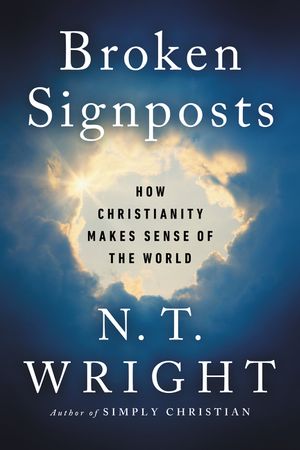
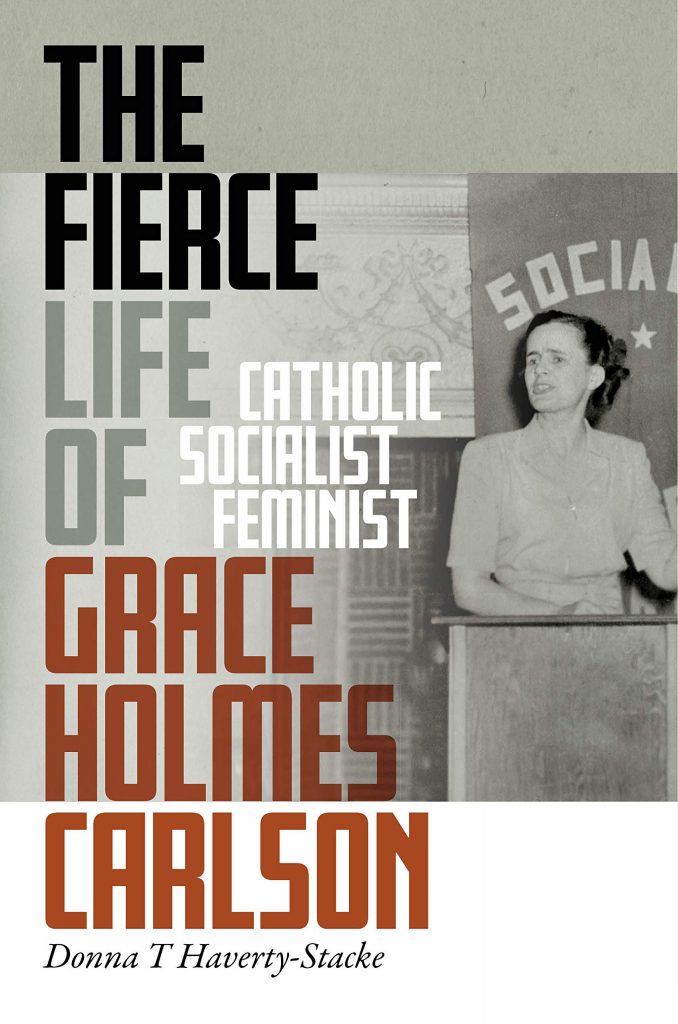
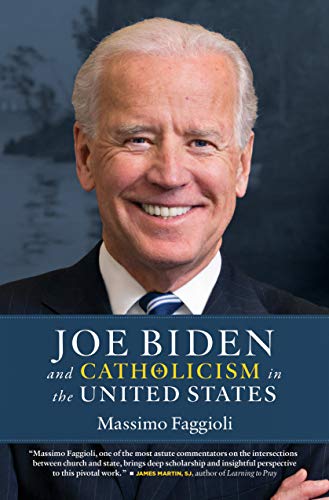
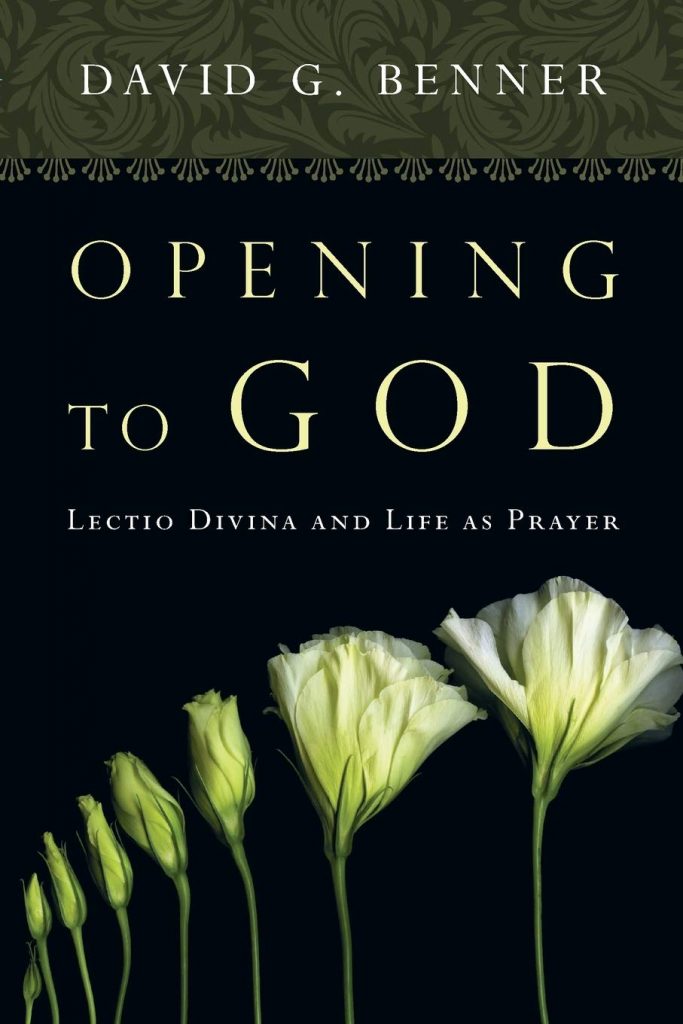
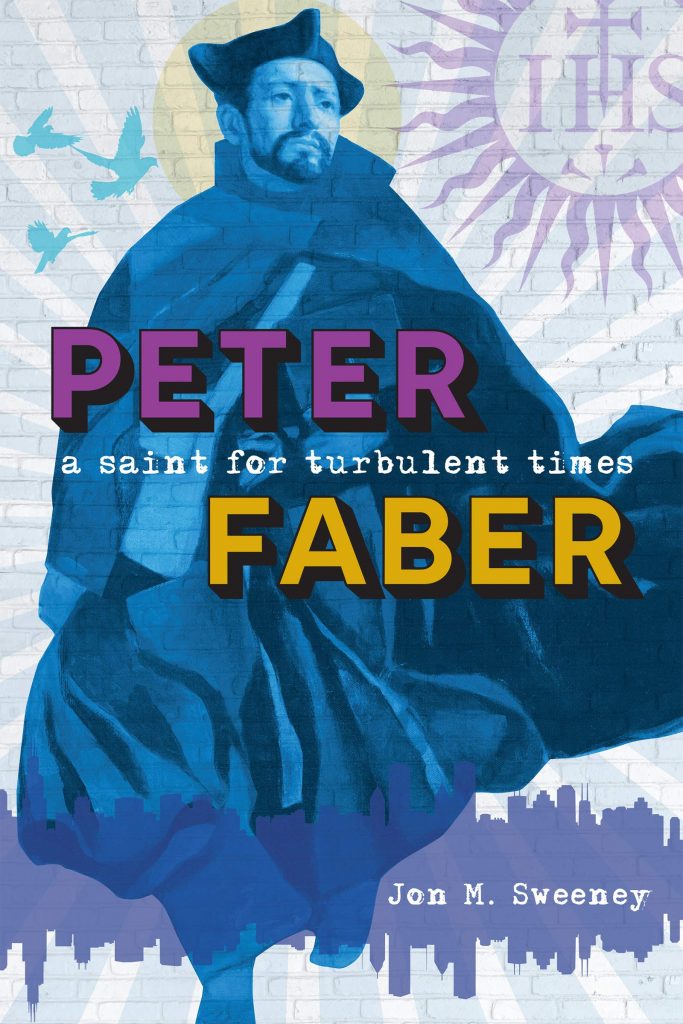
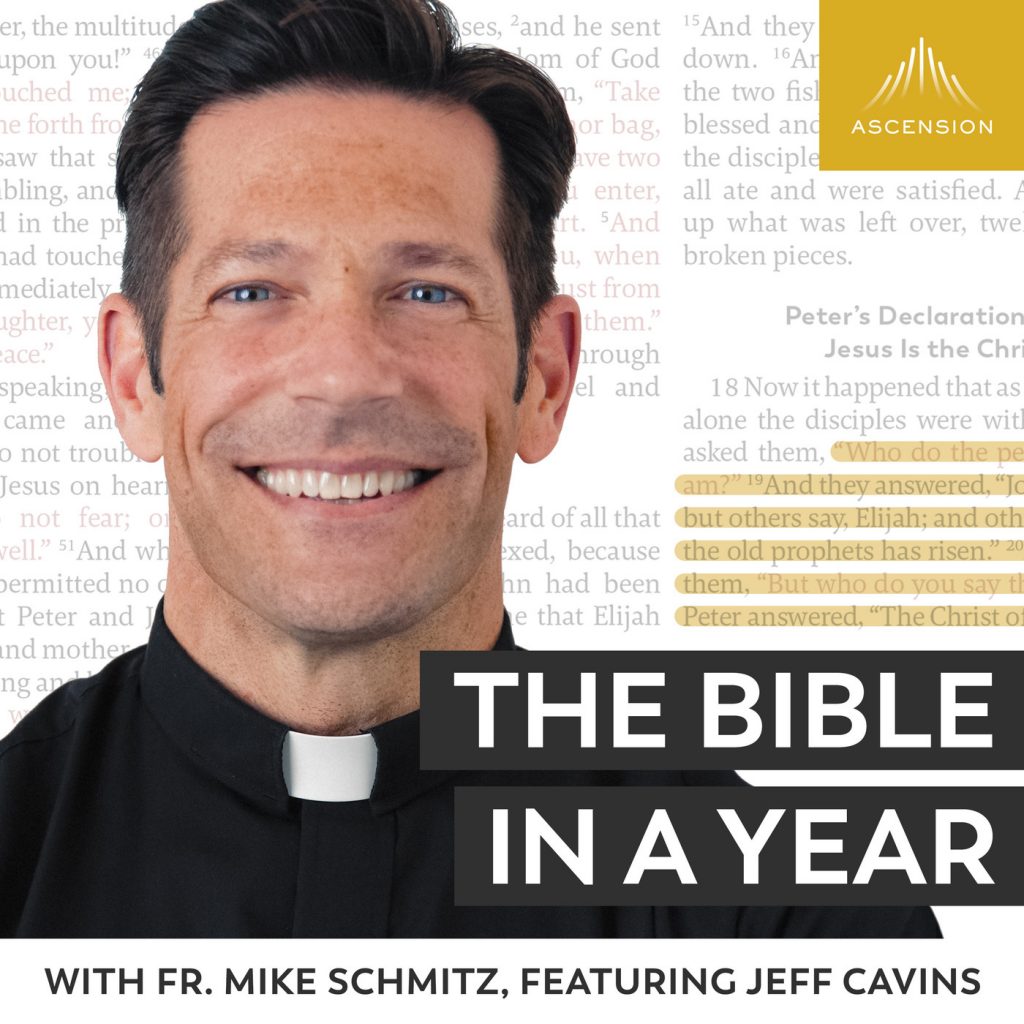
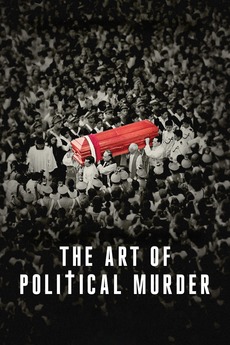











Add comment